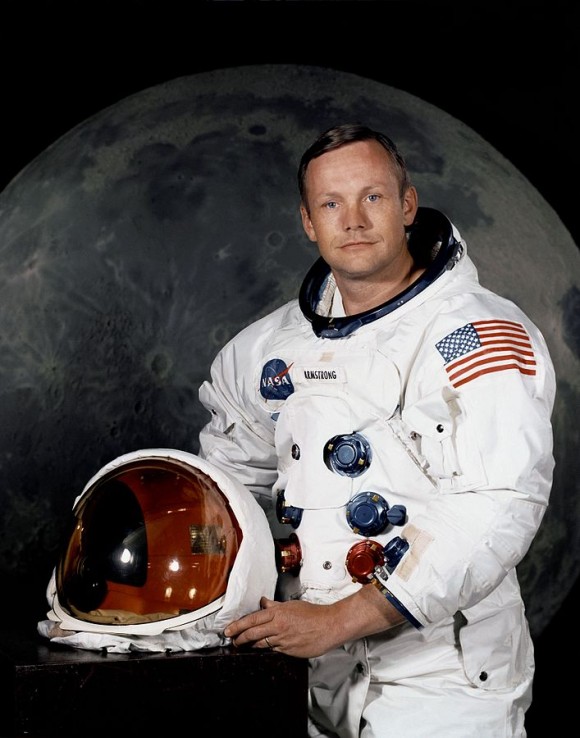aNewDomain — We are living now in a hiring and firing world dictated by algorithms designed to replace your HR staff. Our employment, whether you are hired (or not), promoted or fired, is largely controlled by a computer. However, we all know that experience and merit are the handmaidens of personality and therefore determine how effective you can be at your job.
Maybe by the year 2020 HR bots will be able to select the best robots to make a landing on Jupiter. How … inspiring?
Neil Armstrong made a last minute call where to land, looking out the window of the space capsule. The new hiring algorithm would not hire such an improviser. Scientific American said of the landing:
For a moment—and only a moment—Armstrong was tempted by the idea of trying to set down just shy of those boulders, which he knew would be of great interest to scientists on Earth. But they were going too fast; there were just too many rocks. Armstrong took over from the computer, steering Eagle over the giant crater and the boulder field, and flew onward, hunting for safer ground. While Aldrin read off data on the craft’s diminishing speed and altitude, Armstrong scanned the ground ahead. Everyone, in space and on Earth, was very aware that with each passing moment his fuel supply was dwindling.”
 The new way of judging and selecting people for jobs — i.e., algorithms and metrics — are eliminating the best, brightest and most-creative minds.
The new way of judging and selecting people for jobs — i.e., algorithms and metrics — are eliminating the best, brightest and most-creative minds.
Job candidates are judged not only by psychometric tests, but also by their entire online history. This is big data mining in action — sometimes called “predictive analytics.”
The upside of these databases are the huge matchmakers like LinkedIn, Monster and others. Yet, despite the apparent easy access, millions of people cannot find work, even as sectors from technology to healthcare struggle to fill open positions. And many who do work feel overqualified or underutilized.
Online talent platforms will hopefully ease a number of labor-market dysfunctions by more-effectively connecting individuals with work opportunities, but utilizing metrics and algorithms to do so is dangerous.
Origins of IQ
My grandfather Professor William Stern would turn in his grave to see the results of his work being turned upside down. Stern invented the concept of intelligence quotient, known today as IQ. Lewis Terman and other researches later used this concept to develop the first IQ tests, which were based on Alfred Binet’s work.
Stern’s initial work was devising tests to select competent German women to be electric trolley drivers. All the men were in the trenches of World War I, so female drivers became the only option. He created a profile for an employer or recruiter to identify qualified job applicants.
For him, experience, education and merit played a crucial part of the personality, and therefore intelligence. Today a key aim of these tests is to escape human subjectivity, but of course psychometric tests are designed by humans and are packed full of bias. For example, online dating systems broadly use the same operating algorithms.
In later years [Stern] warned against the overemphasis of such measures, stressing the importance of looking at the role of intelligence in the functioning of the person as a whole, rather than evaluating it as an independent factor.”
Are we heading towards an employment system that does not allow for the full holistic personality to be accounted for? We are on a track that will not include personal goals without degrading the personality.
Through the disruptive and cutting edge hiring algorithm, we are eliminating the future Neil Armstrong. Is this reality — an AI built to evaluate the financial market of human beings — what we really wanted?
The Mckinsey survey says yes. In research published this week about connecting opportunity with talent it says,
While hundreds of millions of people around the world already use these services, their capabilities and potential are still evolving. Yet even if they touch only a fraction of the global workforce, we believe they can generate significant benefits for economies and for individuals.”
In our globalized massive migration and workers mobility universe, is there a place for the Neil Armstrongs of the world? Maybe we would not have landed on the moon, but crashed.
For aNewDomain, I’m David Michaelis.
Featured image: Exam by Alberto G. via Flickr
Body image: Neil Armstrong. Wikimedia Commons













